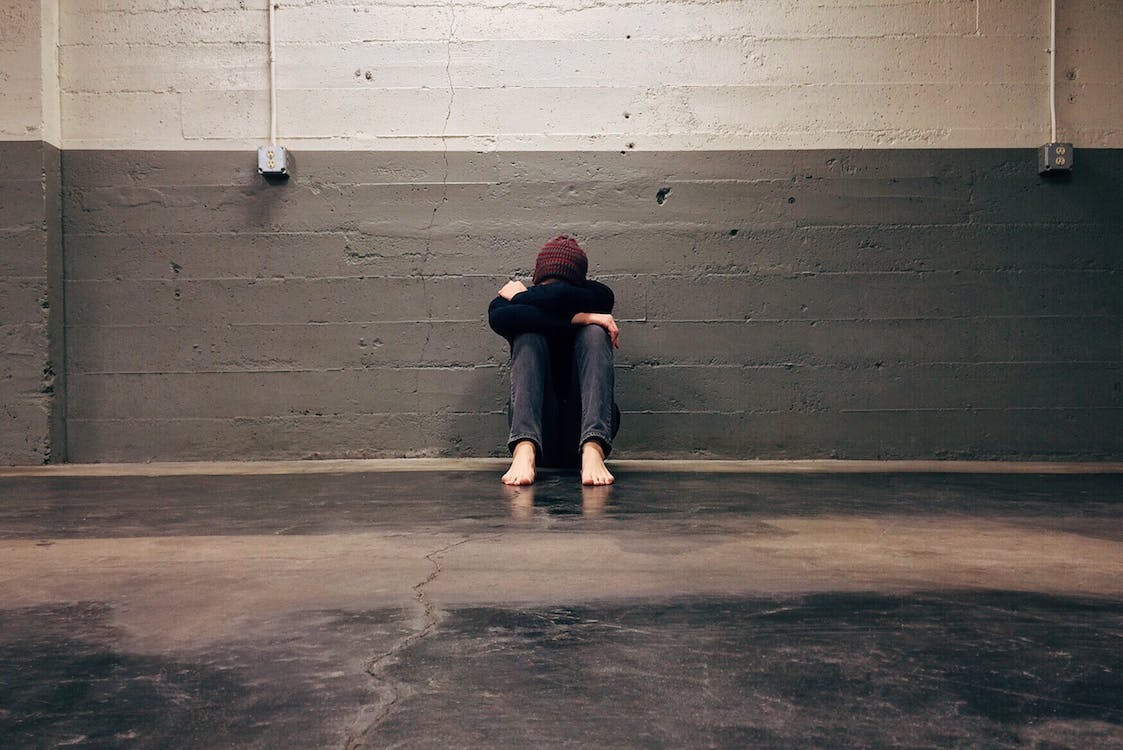Now Reading: Who Can Be Held Liable for Human Trafficking?
-
01
Who Can Be Held Liable for Human Trafficking?

Who Can Be Held Liable for Human Trafficking?
Human trafficking deals with transporting or recruiting people through the use of threat, force, or deception for exploitation. This can include forcing someone to work against their will or subjecting them to sexual exploitation. Human trafficking is a severe crime that can have devastating consequences for the victims involved.
Depending on their involvement in the crime, different people can be held liable for human trafficking including traffickers, customers, and transporters. Here is a look at who can be held liable for human trafficking.
The Trafficker
The person who organizes and carries out the trafficking activity can be held criminally responsible for their actions. This includes recruiting, transporting, or receiving victims. The trafficker may also be held liable for any harm the victim suffers due to the trafficking.
If the trafficker is held liable, they may be required to pay damages to the victim and may also face criminal penalties, such as imprisonment. Also, if the trafficker is a company or organization, they may be subject to civil liability. This means the company could be sued and required to pay damages to the victim.
The Customer
Customers who knowingly purchase goods or services created through human trafficking can also be held liable. Customers may be held liable if:
- They knew or should have known the goods or services were created through human trafficking
- The customer’s purchase of the goods or services supported the continuation of the trafficking
- The customer’s purchase of the goods or services caused harm to the victim
If the customer is found liable, they will have to pay damages to the victim. They may also face criminal penalties, such as imprisonment. A human trafficking attorney can help you determine if you have a case against a customer who knowingly purchased goods or services created through human trafficking.
The Driver
The vehicle driver used to transport the victims may also be held liable for human trafficking. This is because the driver may be aware of the trafficking activity and may be helping to further the crime.
To determine whether a driver is liable, the courts will examine whether the driver knew or should have known that the victim was being trafficked. If the answer is yes, the driver may be held criminally and civilly responsible for their actions.
The Hotel Workers
Hotel workers may also be liable for human trafficking if they knowingly allow the crime to occur on the premises. This includes allowing the victim to be prostituted in the hotel or allowing the trafficker to use the hotel room to conduct business. Collaborating with the trafficker in any way can lead to liability.
In some cases, hotel owners may also be held liable for human trafficking if they were aware of the activity and did not take steps to stop it. Even the hotel employees may be held responsible if they knew about the illegal activity and did not report it.
Web Domains
Web domain hosts can also be held liable for human trafficking if they knowingly allow the crime to occur on their platform. This includes websites that will enable prostitution or sex trafficking, as well as websites that sell products made by forced labor.
If the web platform owner is found liable, they may be required to pay damages to the victim. They may also face criminal penalties and have their website shut down.
Seek Legal Support
If you have been a victim of human trafficking or know someone who has, it is essential to get help. Many organizations can provide support and assistance. If you have been the victim of human trafficking, you must obtain legal help immediately. An attorney will help protect your rights during your pursuit of justice.
A human trafficking lawyer can help you identify the liable party or parties and build an evidence-based case against them. Lawyers will offer clients compassionate support and legal guidance throughout the legal process.

As a journalist, Leland D. Bengtson dedicated most of his career to law reporting. His greatest satisfaction is to convey legal matters to the public in a language that they can understand. He is active on various platforms and media outlets, writing about common legal issues that people confront with every day. While medical malpractice is his strong suit, Leland covers plenty of other topics, including personal injury cases, family law, and other civil and even criminal legal matters.










